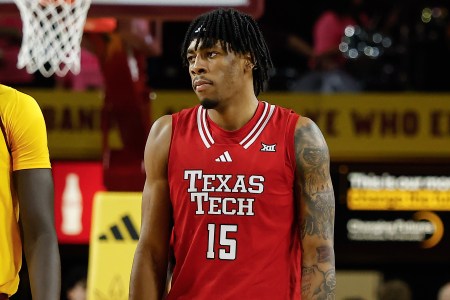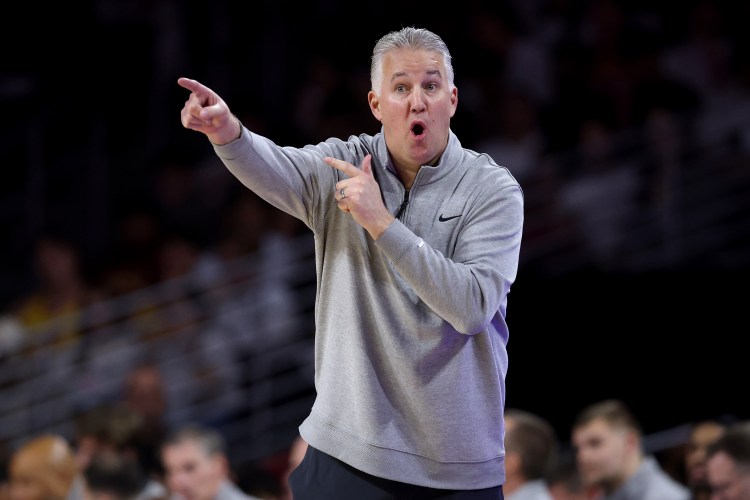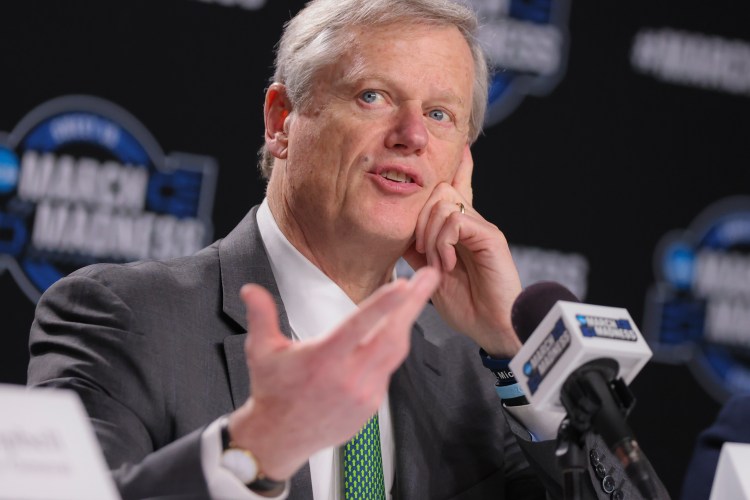President Donald Trump signed an executive order last week titled “Saving College Sports” in an effort to clarify the federal government’s position on current issues in college sports. Unfortunately, it’s more of an opinion piece from the President than an official change in policy.
Key parts of the order prohibit “pay-for-play,” mandate scholarship protections for Olympic and women’s sports, and directs federal agencies to clarify that college athletes aren’t employees. And although an executive order sounds hefty, it can’t actually override existing laws or court decisions. So, in the end, we’re still waiting for Congress or federal agencies to take action that’s enforceable.
Breaking Down the Executive Order
A key part of the executive order focuses on “pay-for-play”:
“To preserve the critical educational and developmental benefits of collegiate athletics for our Nation, it is the policy of the executive branch that third-party, pay-for-play payments to collegiate athletes are improper and should not be permitted by universities. This policy does not apply to compensation provided to an athlete for the fair market value that the athlete provides to a third party, such as for a brand endorsement.”
What does this really change though? The NCAA has prohibited “pay-for-play” since NIL began in July 2021, and the executive order isn’t a law.
We also once again see the infamous “fair market value” language, which the College Sports Commission revised to “reasonable range of compensation” when it launched its review of NIL deals in excess of $600 with individuals and businesses associated with universities. We have yet to learn of the CSC declining any deals based on the payment amount, so it’s still unclear what will and will not pass this test.
Chaos! Confusion! Conflict! The New Era in College Sports Is Off to a Rocky Start
The approval of the settlement in House v. NCAA was supposed to usher in a new era of clarity, but that is a long way off
The order also says that schools generating more than $125 million annually should increase scholarships for non-revenue sports and also field all rosters at their maximum. To put this in perspective, 45 Power 4 programs had revenue in excess of $125 million in 2024, according to the Knight-Newhouse College Athletics Database. This appears to be an attempt to preserve Olympic sports as financial resources are shifted to revenue sharing that largely favors football and men’s basketball athletes.
Another portion of the order is aimed more directly at revenue sharing, stating that revenue sharing should be implemented in a way that, “preserves or expands scholarships and collegiate athletic opportunities in women’s and non-revenue sports.”
The order asks multiple departments to provide guidance and clarifications on the issues detailed within it, including the Secretary of Labor and the National Labor Relations Board, the Attorney General and the Federal Trade Commission, and the President for Domestic Policy and the Director of the White House Office of Public Liaison. Federal enforcement could come through threatening to withhold funding from non-compliant schools (as we’ve already seen with the $2.6 billion in federal funding cut from Harvard), enforcing Title IX gender equity laws, and also potentially interstate commerce regulations.
In short, the order seeks to prevent new NIL and revenue sharing laws and rules from fundamentally changing the way college athletics has operated for the past several decades while somehow also allowing for these new NIL and revenue sharing arrangements, which by their nature require a reallocation of financial resources.
House v. NCAA Settlement or Not, Revenue Sharing Is Coming to College Sports
Judge Wilken gave the parties in NCAA v. House two weeks to revise their settlement to her liking. But even if she rejects them again, the new era will begin this summer.
The SCORE Act
Although the executive order doesn’t create any new law, there is a piece of bipartisan legislation working through Congress currently that would achieve many of the things mentioned in the order: the SCORE Act.
The SCORE Act addresses many of the same concerns: prohibiting pay-for-play arrangements, maintaining athlete non-employee status, and protecting non-revenue sports. But it does something the executive order can’t: override the patchwork of state NIL laws with federal law while also providing some antitrust protections for the NCAA.
The SCORE Act advanced through committee in the House on July 23, just one day before Trump signed his executive order. However, it’s uncertain if the bill can make it through the Senate, where it would need at least seven Democratic votes alongside Republicans to override a filibuster.
The attorney generals of Florida, Ohio, New York, Tennessee, and the District of Columbia have sent a letter to six committee chairs, along with ranking members of Congress, opposing the bill because it “will enshrine in federal law the arbitrary and biased authority of the NCAA at its worst.”
What Happens Next
The executive order’s effectiveness depends heavily on how federal agencies implement it over the next 30 to 60 days. However, it could also be severely limited by potential court challenges from athlete advocates who view it as limiting earning opportunities or other challenges with regards to federal authority over state-regulated activities. Permanent change will require intervention from Congress, which has considered many bills related to NIL over the past five years but failed to get significant support on any of them.
The ultimate question is whether federal intervention can successfully balance several competing interests: maintaining competitive balance, compensating athletes fairly, and sustaining current sports programs.













